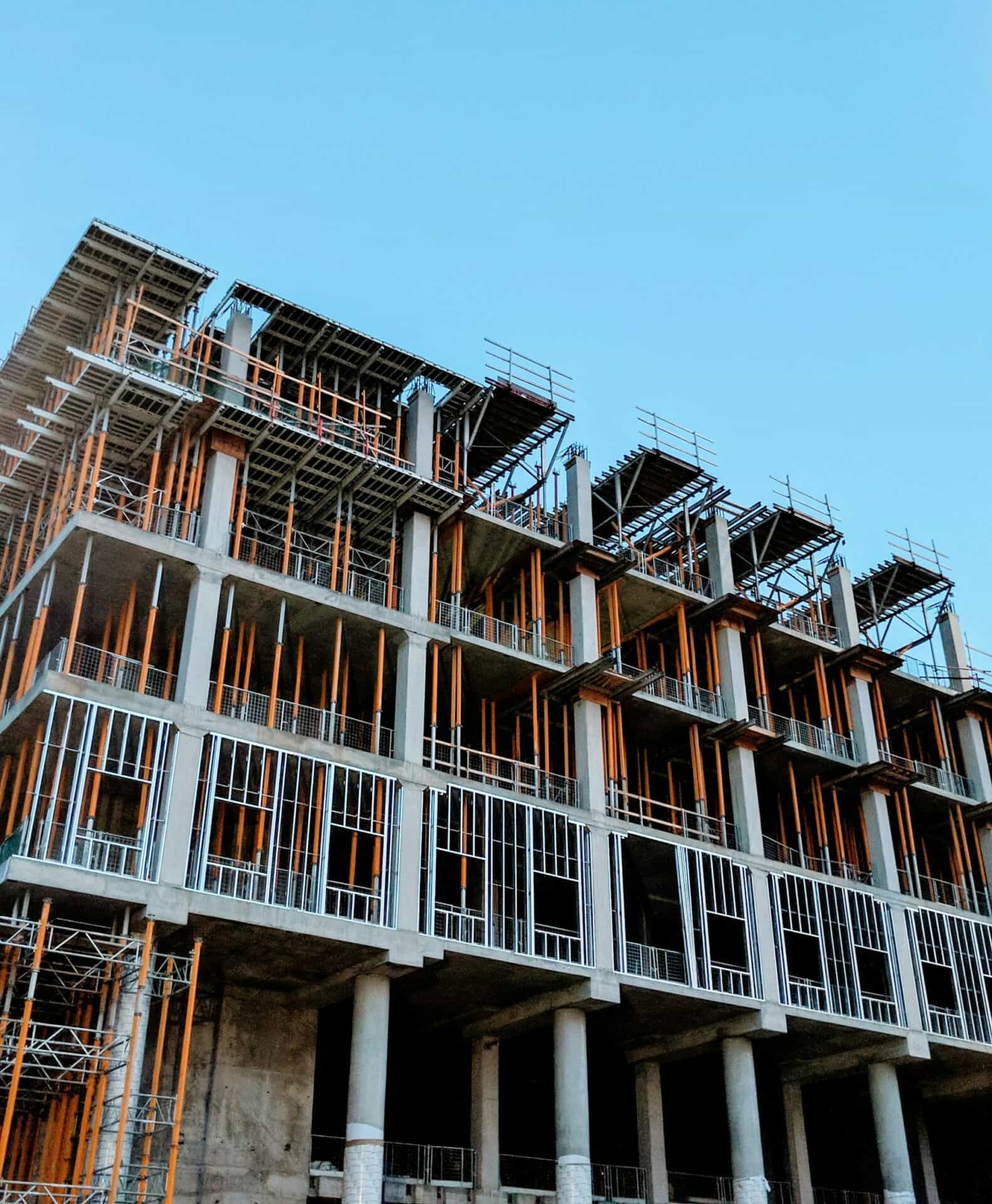Depreciation is a topic that often confuses those in the property investment industry. While some ask is depreciation an expense? it’s widely known that depreciation can provide significant tax savings yet the mechanics of how depreciation works can be hard to grasp.
After all, an asset losing value doesn’t seem like it should equate to saving money.
This post aims to demystify depreciation and explain how it works in Australian property investment. Our goal is to provide a clear and comprehensive understanding of this tax benefit without getting bogged down in technical jargon.
So, let’s dive in and explore how depreciation can benefit you as a property investor.
What is a Property Depreciation Expense?
A depreciation expense relates to an asset’s value reduction over time caused by normal usage and ageing. To account for this, the ATO allows property owners to claim depreciation as a tax deduction each financial year. This deduction means property investors can offset the cost of owning an investment property against their taxable income, reducing the amount of tax they need to pay.
What sets a property depreciation expense apart from other expense deductions is that you don’t have to spend money to claim the deduction – the ATO classifies it as a non-cash deduction.
So, technically it’s classified as an expense for tax deduction purposes, but you don’t have to exchange money with anyone to claim it.
What are the Different Types of Property Depreciation Expenses?
There are two main types of property depreciation expenses: capital works (Division 43) and plant and equipment (Division 40). Capital works depreciation covers the building structure, while plant and equipment depreciation covers assets within the building, such as furniture, appliances, and fittings.

So, How Does Claiming Depreciation Work?
You need to order a depreciation schedule from a qualified Quantity Surveyor that outlines the following components:
- The original cost of your investment property, including any renovation or improvement costs
- The useful lifespan (also known as the effective life) of your fixtures and fittings as determined by the ATO
- How much the structural components of your property and its fixtures and fittings have already accumulated depreciation and will continue to depreciate
- Depreciation calculations based on your preferred method (prime cost or diminishing value)
Once you have your depreciation schedule, either you or your accountant must submit it with your annual income tax return. The ATO will then reduce your taxable income by the amount specified on your depreciation schedule.
Example
Let’s say you purchase a brand-new townhouse for $720,000 and decide to rent it out six months after purchasing it.
You charge your tenants a weekly rental of $540, generating an annual income of $28,080. All your property expenses, including mortgage repayments, maintenance expenses, rates, and taxes, amount to $38,522.
After contacting a Duo Tax Quantity Surveyor, you find out that you can claim deductions for the property’s capital works deductions. Unfortunately, because you lived in the property for a short period, your plant and equipment assets are classified as “second-hand” or “existing” assets, and you no longer qualify to claim a depreciation deduction.
However, if you install any new fixtures and fittings, you can get your Quantity Surveyor to update your depreciation schedule.
Based on the above information (and without considering any other tax deductions), your depreciation claim adds up to $9,000:
Annual Income $28,080 Annual Expenses $38,522 Net Income (pre-tax) (Income minus expenses: $28,080 – $38,522) -$10,442 Total Tax Loss [net income + depreciation: (-$10,442) + ($9,000)] -$19,422 Tax Refund (tax loss x 37% tax rate) $7,194 Annual Cost -$3,248 Now, when you’re running at a loss (i.e. your property is negatively geared), you qualify for a tax refund. Depreciation is technically a loss, too, so it boosts your tax refund – essentially reducing the amount of tax you pay.
Without the depreciation boost, your refund would’ve only amounted to $3,864.
This was a simple illustration, but remember that various factors can affect your depreciation claim. We have a case study section showcasing how different scenarios can increase your tax refund – it’s worth looking at!
See also: Capital Gains Tax - 6 Year Rule

Key Takeaways
In conclusion, yes, depreciation is an expense (albeit a non-cash expense), which is why the ATO allows you, as an investor, to offset it against the income you generate from your rental property.
And the more you can deduct from your income, the less overall tax you pay.
So, with depreciation being the second largest tax deduction available to property investors (after interest on your mortgage repayments), you must take advantage of the significant savings it can bring you each year.
As we mentioned earlier in this post, only a qualified Quantity Surveyor can prepare a depreciation schedule that you can submit with your tax return.
At Duo Tax Quantity Surveyors, we are proud to offer the best service for property investors looking to maximise their depreciation claims. With over 30 years of experience, our team of experts is knowledgeable and skilled in all aspects of property depreciation.
Our goal is to provide our clients with comprehensive, accurate, and competitively priced depreciation reports that are compliant with the ATO regulations. We believe in providing personalised and professional service and working closely with each client to understand their specific needs and goals.
Our focus on customer satisfaction and our commitment to providing the best service possible is what sets us apart and makes us the top choice for property investors across Australia. We are confident in our ability to help you maximise your depreciation benefits and achieve your investment goals.
Contact Us Today For a Depreciation Schedule Today
If you want to learn more about how depreciation works or if your property qualifies for a claim, contact us today.

Ready to get started?
Talk to one of our friendly property experts to get a free quote or more Information.










